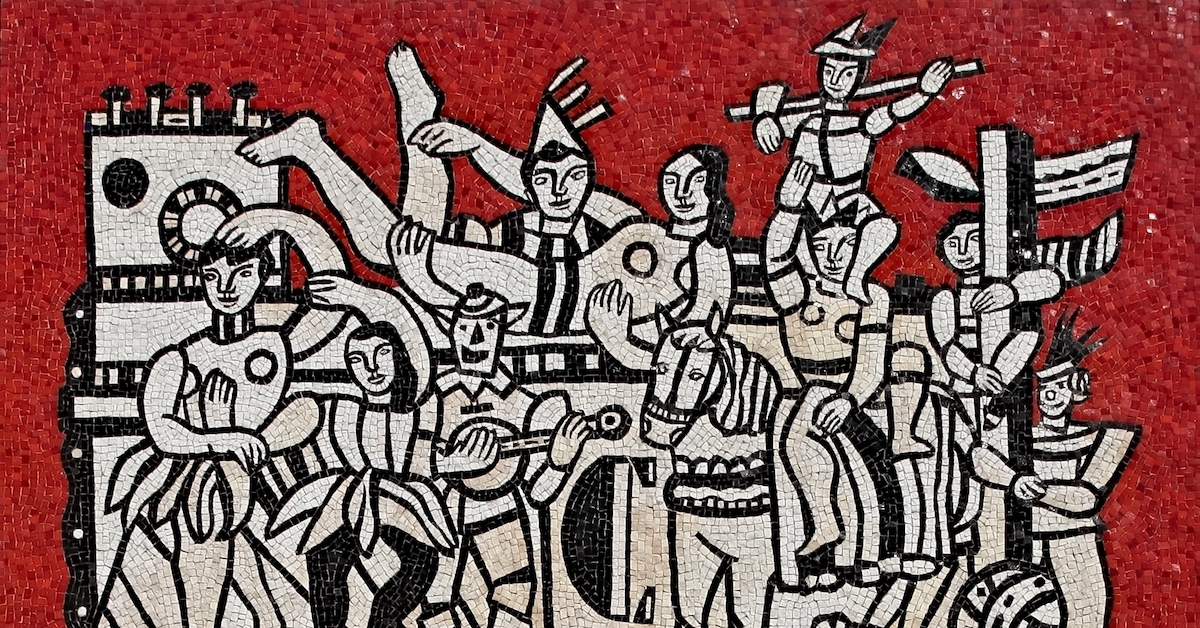“We’re in a scary place, because if Tether’s pretty systematically embedded in the crypto market infrastructure, trading on several tokens might fall.”
Usually, such talk, premised on the assumption that much of the cryptocurrency market is dependent on the dollar-pegged token known as tether or USDT, might sound like clear-eyed realism (to hardened skeptics) or FUD (to true believers).
But coming from Nelson Chen, it’s part of a marketing pitch.
Chen, you see, is part of the team behind the Neutral Dollar, a stablecoin built on a basket of other stablecoins (dai, TrueUSD, the Paxos Standard and USD Coin) expected to launch next month. So the New York Attorney General’s recent allegations casting further doubt on the dollar backing of USDT, the leading stablecoin, have given him and other rival issuers an opportunity to highlight how their own offerings are different.
“We’ve already been doing that and the news that happened right now just made it more real that these conversations can maybe turn into something,” Chen said. “Exchanges were looking into stablecoins already.”
Also making hay of the situation is Chad Carascilla, CEO of Paxos, creator of the Paxos Standard token, who agreed the news underscores the opportunity for other stablecoin providers.
“Now there’s this non-backing issue that has bedeviled Bitfinex and Tether and I think everyone has to step back,” he said. “When we look at the size of the opportunity … we actually look at the opportunity and say ‘hey, this is enormous.’”
Paxos had already been discussing its stablecoin with exchanges and other startups for some time, Carascilla said, but is “doing that even more loudly now.”
He added:
“We’re going to spend a lot of time talking to people outside the crypto world, in payments [etc] saying let’s change the way value moves.”
Differentiating factors
The New York Attorney General’s (NYAG) office claims that Tether, the company behind the self-named USDT stablecoin, may have lent nearly $1 billion to crypto exchange Bitfinex to cover up the latter’s loss of $850 million.
The office announced Thursday that it was seeking documents from Bitfinex and Tether detailing their plan to have the exchange “borrow” as much as $900 million from the stablecoin issuer, after Bitfinex apparently lost access to $850 million held by currency converter Crypto Capital Corp.
According to a statement published later by Bitfinex, Crypto Capital has told the exchange that its funds were seized by authorities in the U.S., Poland and Portugal (though Bitfinex’s lawyers previously told the NYAG’s office that they do not believe this story).
On Tuesday, the U.S. Department of Justice indicted two individuals on bank fraud charges, claiming they provided services to Global Trading Solutions, a corporate entity said to be tied to Crypto Capital.
The exchange is telling its shareholders it will need a few weeks to unfreeze the funds.
The crypto markets shed $10 billion in the hours after the news first came out, with millions going toward USDT competitors.
While stablecoin issuers are taking advantage of the Tether news to promote their own cryptocurrencies as viable alternates to USDT, the latter is, curiously enough, still trading near its peg; according to data from crypto exchange Kraken, the token traded near $0.98 all day Monday.
Several stablecoin purveyors were quick to assert that unlike Tether, they had no conflicts of interest with operating their stablecoins. (Tether and Bitfinex are both operated by iFinex, which may mean that the former is not independent and may not have been able to refuse what appears to be a terrible trade.)
Carascilla told CoinDesk that “having a regulated stablecoin is very important to the stability of the system,” while TrustToken co-founder Rafael Cosman explained that a third-party trust company is responsible for holding user funds in escrow.
“This gives TrueUSD token holders the strongest possible legal protections, as the true beneficial owners of the TrueUSD escrow funds,” Cosman said.
Cosman added that regular attestations (which TrustToken, Paxos, Centre, and Gemini, among others, provide) are another step that stablecoin issuers can take to build up trust with users. (Tether has famously failed to produce an audit, which it promised to do more than a year ago; the closest it has gotten are two attestations, neither by an audit firm; one by Deltec Bank & Trust, which confirmed that it had nearly $2 billion in assets last November and another by law firm Freeh Sporkin & Sullivan last June).
Stablecoin issuers need to commit to standards, however, Cosman said, concluding:
“Building trust with traders is not only important for running a successful stablecoin company, it is critical to the future growth of the cryptocurrency industry.”
Bitfinex image via Shutterstock










